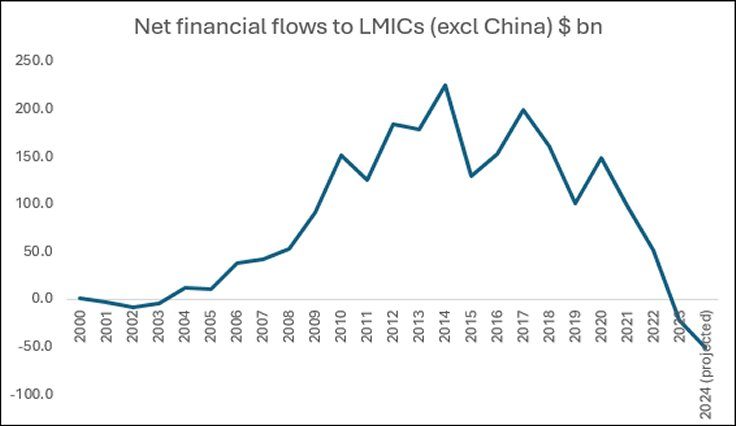When it comes to Bitcoin, there’s one thing that almost everyone agrees on: the network sucks up a tremendous amount of energy. But from there, disagreement is the rule.
For critics, Bitcoin’s thirst for energy is self-evidently bad — the equivalent of pouring gasoline in a hole and setting it on fire. But for Bitcoin advocates, the network’s energy gluttony is the necessary price of having a secure digital currency. When judging Bitcoin’s energy demands, the advocates continue, keep in mind that mainstream finance is itself no model of efficiency.
Here, I think the advocates have a point.
If you want to argue that Bitcoin is an energy hog, you’ve got to do more than just point at its energy budget and say ‘bad’. You’ve got to show that this budget is worse than mainstream finance.
On this comparison front, there seems to be a vacuum of good information. For their part, crypto promoters are happy to show that Bitcoin uses less energy than the global banking system. But this result is as unsurprising as it is meaningless. Compared to Bitcoin, global finance operates on a vastly larger scale. So of course it uses more energy.
To be meaningful, any comparison between Bitcoin and mainstream finance must account for the different scales of the two systems. So instead of looking at energy alone, we need to look at energy intensity — the energy per unit of circulating currency. That’s what I’ll do here. In this post, I compare the energy intensity of Bitcoin to the energy intensity of mainstream US finance.
Which system comes out on top? The results may surprise you.





































Recent Comments